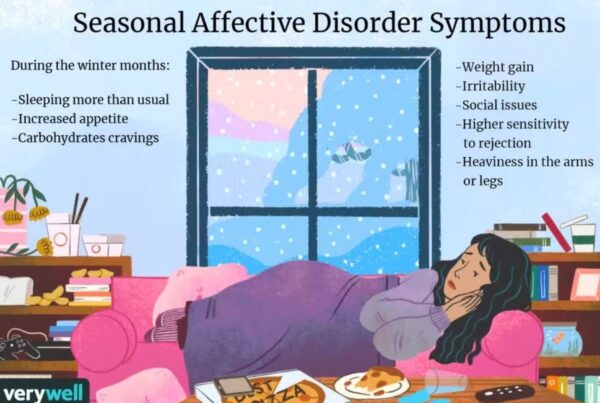If you have trouble hearing the TV, your spouse or certain sounds, researchers and doctors say you shouldn’t wait to get your hearing checked.
Poor or declining hearing can be frustrating, and it’s more than the annoyance of having to ask people to repeat themselves. You begin to question not only what you couldn’t hear, but also what you do hear. “Did I hear wrong? Did I miss a vital word?” Concepts become garbled in your mind, you respond more slowly as you try to process the information. You withdraw from conversations
Hearing is hard work
Straining to hear is fatiguing. Similar to squinting, you put additional pressure and attention on your hearing as you try to decipher the sounds into something recognizable. In a study reported by the National Centre for Biotechnology Information (NCBI), it was acknowledged that speech processing is strenuous in people suffering from hearing loss. In addition, the study found that the use of hearing aids might reduce “hearing effort”, and thus reduce fatigue.
Hearing can lead to depression
Hearing impairment can also lead to increasing social isolation and depression.
Dr. Chuan-Ming Li, of the National Institute on Deafness and Other Communication Disorders conducted a study which determined there’s a significant association between hearing impairment and depression, particularly in women. This association was found across different ethnicities but, interestingly, was not found in people over the age of 70.
It may not be seen in ways you would associate with depression, like sadness and hopelessness, but more likely in the form of irritability, weariness and trouble concentrating.
These findings echo an earlier, much larger study published through NCBI. Specifically, they found that loss of mid to high frequency hearing has less of an effect, but hearing loss in the lower ranges had a much more significant connection to depression.
Other studies have suggested a link between untreated hearing loss and dementia. It is known that social isolation (which is a symptom of hearing loss) can lead to dementia. But a Johns Hopkins study also found a relationship between impaired hearing and brain tissue loss. Some areas of the brain that process sounds and language will shrink from lack of auditory stimulation. But these areas also play a part in memory and sensory integration. Neural pathways are re-mapped to compensate for the lack of hearing, which changes how information is decoded in the brain.
In the world of holistic wellness we sometimes get wrapped up in getting more exercise and drinking more water. We look for ways to relieve stress through meditation and breathing. But when parts aren’t functioning properly, as in the case of hearing impairment, it’s like not putting oil in your car. It will grind away at your brain till the damage is irreversible. If you notice even a minor hearing impairment, don’t hesitate to meet with an audiologist.
Hearing impairment is not always treated with hearing aids. It could be as simple as a wax build up in your ear. But left untreated, even this can lead to permanent hearing loss. Hearing treatments range from wax removal, to surgical procedures, to hearing aids and cochlear implants.
So if you notice you’re turning the TV up to higher volumes, catch yourself asking people to repeat themselves a lot, or have trouble hearing words when there’s noise in the background, get your ears checked. Remember, it’s not just for your hearing, it’s for your overall wellness.




